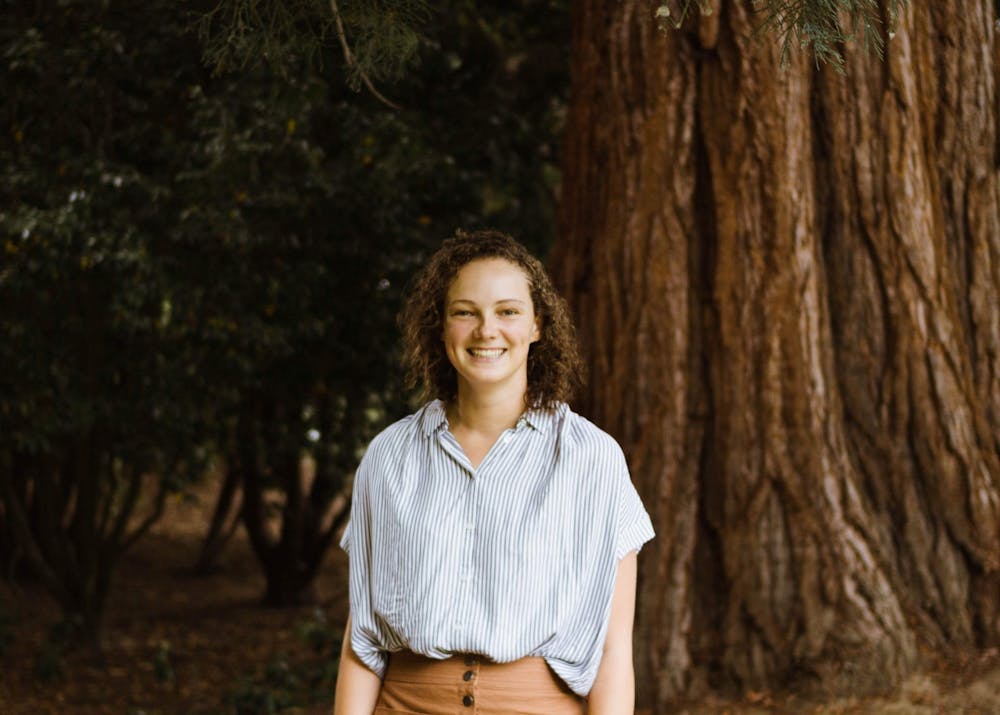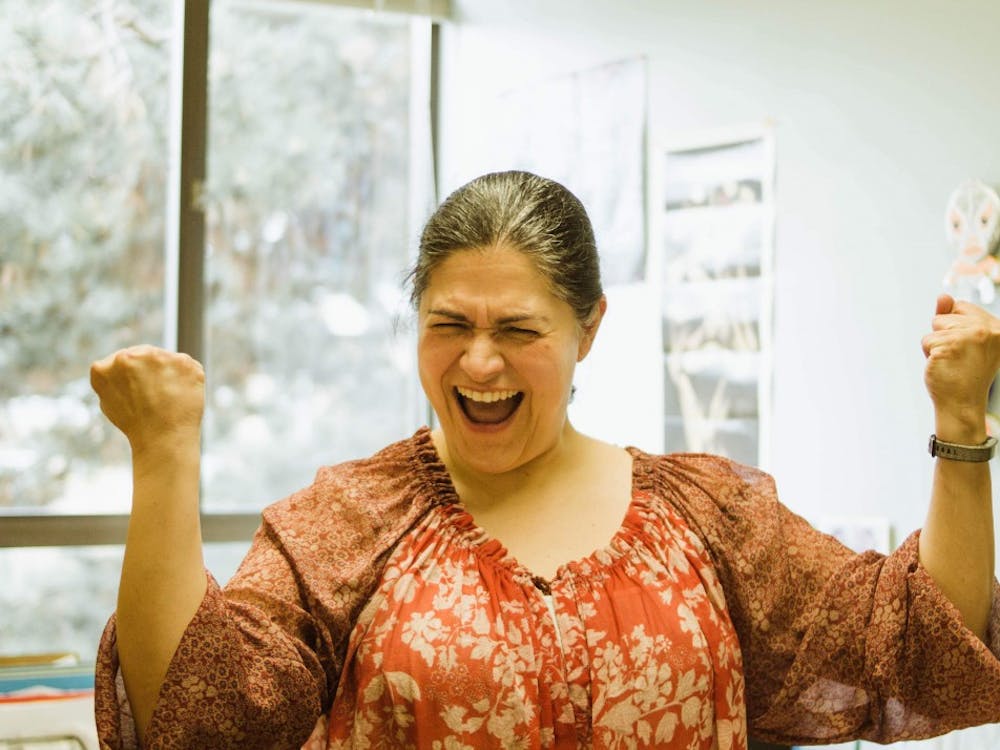“What’s your major?” Three horrific words.
My freshman year at UP, I decided to come in undeclared. I thought about my major constantly, overwhelmed by the options. It didn’t help that every new person I met asked me my major, then awkwardly smiled and nodded when I told them I didn’t have one, or worse — they would ask me what I was eventually going to declare (because there’s no way I have no idea, right?).
Wrong. There’s a stigma around being undeclared. People assume that we are wasting time and money, or that we are wishy-washy and afraid of commitment. I always felt that people thought my uncertainty meant I wasn’t goal-oriented or ambitious.
According to a study by the U.S. Department of Education, about 30% of undergraduate students change their major at least once within three years of initial enrollment. The data shows that you don’t need to fully commit right away. You have the opportunity to explore your options to land in a field of study that pushes you to grow intellectually and as a person.
There’s a way to talk to undeclared students that isn’t condescending or aggressive. You can lift them up and provide resources to them without pressuring them into choosing before they are ready. Here are three common encounters I had and my advice on how to shift your language:
1. Just because I don’t know what I’m doing with my life doesn’t give you permission to plan it for me. Stop telling me what to do. Don’t say, “Have you thought about *insert major*? You would be really good at that.” Odds are, I have thought of it, intensely, for hours, and already ruled it out or have it down as an option. Instead, a better approach might be: “If you ever want to talk to about your interests, I’m happy to listen and connect you to people in different fields.”
2. Things will not “figure themselves out.” Don’t say that. The world doesn’t just make things fall into place for you. Instead of opting for that phrase, focus on connection and empowerment. In the end, choosing a major is a proactive process that the student works out themselves, not the all-powerful universe. Again, offering support by saying, “I’m here for you on your journey, and I’d love to support you in any way I can” is much better.
3. Don’t ask me, “Aren’t you worried about graduating on time?” or tell me any facts or stories about how being undeclared is “bad.” First, everyone here is roughly in the age range of 18 to 22, nobody knows what they want to do (seriously, we are all chaotic beings just trying to pass our classes). Second, when I graduate isn’t any of your business. Being undeclared is my decision, and at UP you can take your time and work through the core curriculum for your first two years before declaring. Instead, say something like “That is an incredible decision! It’s so exciting that you have so many options. What kind of classes are you taking?” Exploration is a positive thing. Reinforce that!
If you know an undeclared student, be patient, kind and supportive. They are stressed out about this, and it’s better to help than hurt the process.
To all the undeclared students out there, ignore the haters and focus on yourself. Take time for reflection and utilize campus resources. You will prevail in the end.
Molly Lowney is a photographer for The Beacon. She can be reached at lowney21@up.edu.








